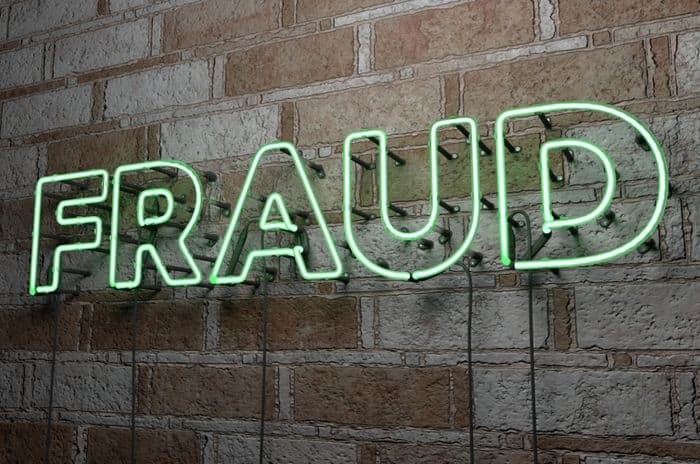Home > Money > News > Banks bid to fund shared fraud pot fails
Banks bid to fund shared fraud pot fails
Talks to create a permanent shared solution to refund victims of fraud have failed after several years of discussions.
Customers will continue to be protected under the Authorised Push Payment (APP) Voluntary Code which requires banks to refund victims of APP scams.
However, banks will refund customers individual rather than paying into a shared pot which then offers refunds to fraud victims.
In 2020, 47% of cases assessed under the APP Voluntary Code were refunded, amounting to around £207m in refunds.

Failed bid
Banks and other organisations have grappled with the best way to fund the costs of fraud refunds for two years, yet these talks have ultimately failed.
While many banks had signed up to the interim agreement, it was hoped other organisations such as mobile phone providers and online platforms who may inadvertently facilitate fraud would contribute.
However, those hopes have finally disappeared, meaning banks will return to a process of individually refunding customers rather than taking the money from a central shared pot.
UK Finance say this won't have any impact on customers receiving refunds, saying that "no blame" scam victims will still be refunded, but the money will come from their bank rather than a shared fund.
TSB already have their own Fraud Refund Guarantee which covers all victims of APP fraud unless customers have been persistently negligent.
Frustration
There's a definite sense of frustration around the failure to settle on a shared fund made up of contributions from banks and other organisations, yet it isn't surprising that the decision has been made to pull the plug on the interim fund.
It was first launched in May 2019 with the intention that a more sustainable funding solution would be found by the end of the year.
That didn't happen and the interim funding arrangements were subsequently extended to 31 March 2020, 31 December 2020 and, most recently, until this summer. Those plans have been altered with immediate effect by this announcement.
Without other organisations willing to pay into the fund, the banking groups involved seemed to see little point in paying into a shared pot, but it does raise questions about what happens next.
APP fraud
All the talk of "no blame" fraud victims receiving refunds can't disguise the fact that over half of customers who lost money to APP fraud in 2020 did not receive refunds.
Industrial professionals point to the successes of the voluntary code, including the fact that three quarters more money was refunded to customers in 2020 than in 2019.
Yet a 47% refund rate still suggests banks considered 53% of customers to be negligent or somehow complicit in frauds that led to the losses of over £270m.
TSB, who have a 99% reimbursement rate thanks to their own Fraud Refund Guarantee, have called for banks to be more open about their reimbursement rates. They want banks to display data on their fraud reimbursements in the style of annual customer satisfaction surveys.
While there is obviously an element of self-promotion in this call, they do raise a valid point that customers can't easily find out how their bank is performing on refunds unless they're willing to take a deep dive into annual reports.
Perhaps the next step now that arrangements for central funding have collapsed is for banks to be more transparent about exactly how much they're refunding - and their rationale for judging who is classed as an innocent victim and who isn't.
Get insider tips and the latest offers in our newsletter
Get insider tips and the latest offers in our newsletter

We are independent of all of the products and services we compare.

We order our comparison tables by price or feature and never by referral revenue.

We donate at least 5% of our profits to charity, and we have a climate positive workforce.
Latest News

26 October 2022
Cost of living showing worrying trends in affordability
24 August 2022
Home insurance premiums fall in latest ABI figures
29 June 2022
APP fraud and mobile banking fraud increased in 2021

